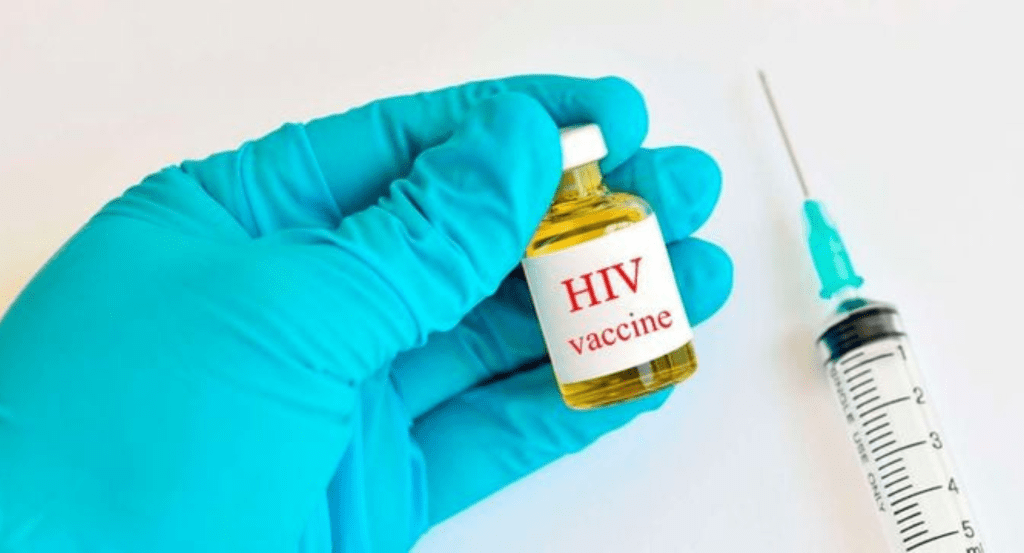In a significant step toward addressing HIV/AIDS on the African continent, Nigeria, alongside seven other African countries, has embarked on an African-led initiative to develop an HIV vaccine. This project, which represents one of the first of its kind to be led and executed by African nations, aims to reduce dependency on foreign vaccine research and provide a tailored solution to the region’s specific HIV challenges. Other participating countries include Kenya, South Africa, Uganda, Rwanda, Malawi, Zambia, and Botswana, all of which have been impacted significantly by HIV/AIDS.
The initiative is being championed under the auspices of the African Union’s Africa Centres for Disease Control and Prevention (Africa CDC) in collaboration with local healthcare institutions and international partners. The program seeks to address unique regional needs, such as the varied HIV subtypes prevalent in Africa, as well as to empower African researchers and institutions in the vaccine development process.
According to health experts, the continent currently accounts for two-thirds of the global HIV cases, with approximately 25 million Africans living with the virus. This African-led project intends to prioritize the specific genetic variations and HIV subtypes most common in Africa, which have often been overlooked in previous vaccine trials conducted outside the continent.
The development process will involve advanced genomic studies and clinical trials conducted by scientists across the participating countries. Each nation will contribute specific expertise and research infrastructure to ensure the program’s success. Additionally, there is a focus on building sustainable medical research capacity within Africa, an aspect health authorities hope will not only accelerate HIV vaccine development but also equip African nations to handle other pressing public health challenges.
Global health organizations and other international entities, including the World Health Organization (WHO), have expressed strong support for the project, pledging both financial and technical assistance. The launch of this initiative signals a pivotal moment in Africa’s health sector, demonstrating a movement toward self-reliance in addressing critical healthcare needs.
By leading the effort themselves, African scientists and policymakers aim to improve the timeliness and relevance of the HIV vaccine’s development and its potential rollout across the continent, with hopes of stemming the ongoing HIV crisis in Africa and offering a solution that could benefit the global fight against HIV/AIDS.




















